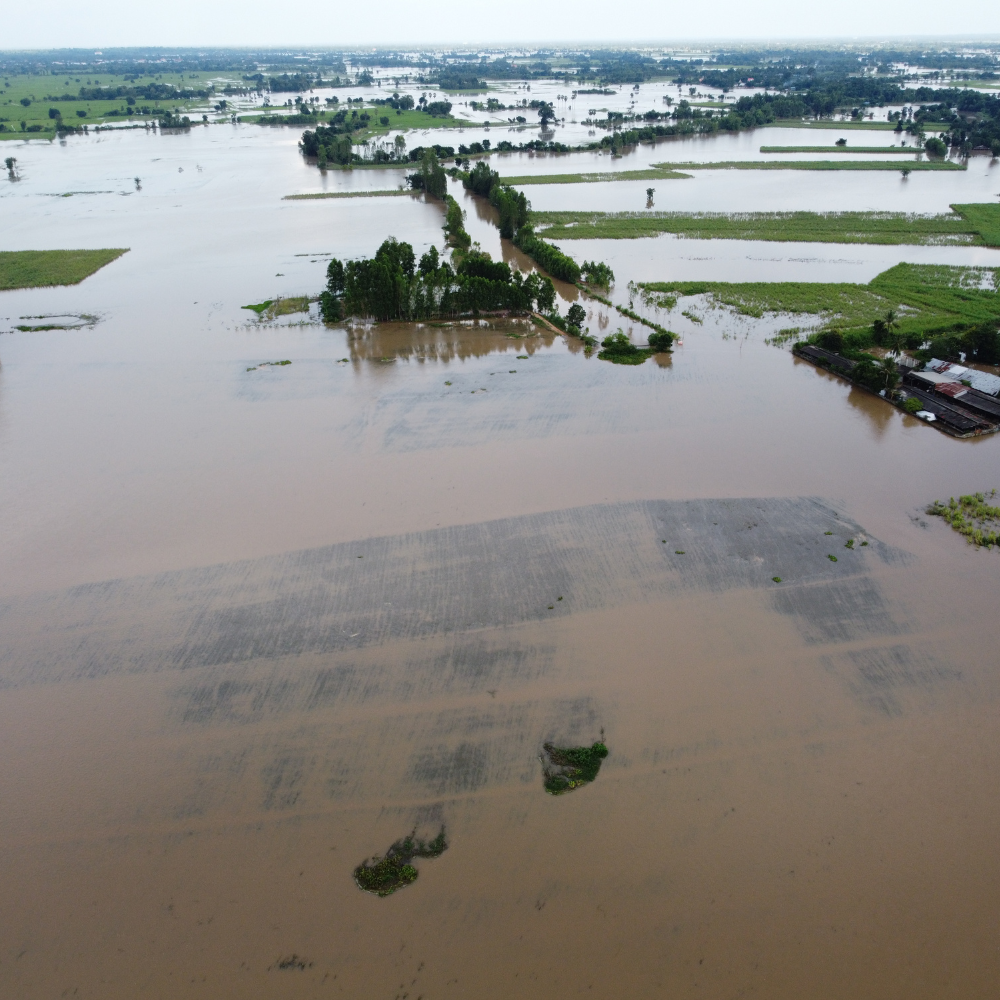Spain grapples with deadliest floods in decades as death toll reaches 95
Spain is grappling with its worst flooding disaster in decades as massive rainfalls have claimed at least 95 lives, with many still missing, primarily in the eastern province of Valencia. Torrential rains on Tuesday triggered flash floods that swept away buildings and bridges, forcing people to scramble onto rooftops or cling to trees for survival.
Prime Minister Pedro Sánchez declared three days of national mourning as severe weather continues to hamper rescue efforts. In his national address on Wednesday, Sánchez urged citizens to remain vigilant and assured them of full support in the recovery, expressing that all of Spain stands in solidarity with those affected.
The death toll is feared to rise as search and rescue operations continue. In Valencia alone, 92 fatalities have been recorded, with additional deaths reported in the neighboring Castilla-La Mancha region and one in Málaga, where a 71-year-old British man succumbed to his injuries after being rescued from his flooded home. The tragedy marks Spain’s deadliest flooding since 1973, when the nation saw over 150 fatalities in severe floods.
Survivors and witnesses in Valencia recounted the terror of Tuesday night as floodwaters surged suddenly. Guillermo Serrano Pérez, 21, described how water “rushed down the highway like a tsunami,” forcing him and his family to abandon their vehicle and seek refuge on a bridge. Another survivor, Patricia Rodriguez, told sources that motorists on a flooded motorway formed a human chain to escape rising waters.
One of the first areas hit, the town of Chiva near Valencia, recorded an entire year’s worth of rainfall in just eight hours, according to national weather agency Aemet. Local residents reported devastating scenes as the floods turned roads into rivers, leaving many stranded in their cars. Meanwhile, Consuelo Tarazon, mayor of Horno de Alcedo, described how water levels in her town rose by more than a meter within minutes. Emergency crews responded, rescuing residents waist-deep in water or higher.
The Spanish army and emergency teams have deployed over 1,000 personnel to assist with rescues, using helicopters to airlift people stranded on rooftops and vehicles. However, widespread road closures and communication outages have left some towns isolated, slowing the response. The European Union has activated its Copernicus satellite system to aid rescue coordination, and neighboring European countries have offered additional support.
Authorities face mounting criticism over what some see as a delayed response. Spain’s civil protection agency did not issue an alert until after several towns had already been submerged, prompting accusations that the government’s response was too slow. Valencia’s regional government has also been scrutinized for disbanding its dedicated Valencia Emergency Unit, set up by a previous administration to manage natural disasters.
Flooding in Spain has become increasingly common, and climate experts point to the intensifying role of climate change. The event was likely worsened by a phenomenon known as “gota fría,” in which cold air over the Mediterranean generates heavy rains. Rising global temperatures have made these storms more severe, with warmer air holding more moisture, leading to extreme rainfall events. Dr. Friederike Otto, a climate scientist at Imperial College London, stated, “These explosive downpours were intensified by climate change.”
With rain expected to shift towards Catalonia, Spain’s meteorological services have issued further warnings, urging residents to prepare for more potential floods.










